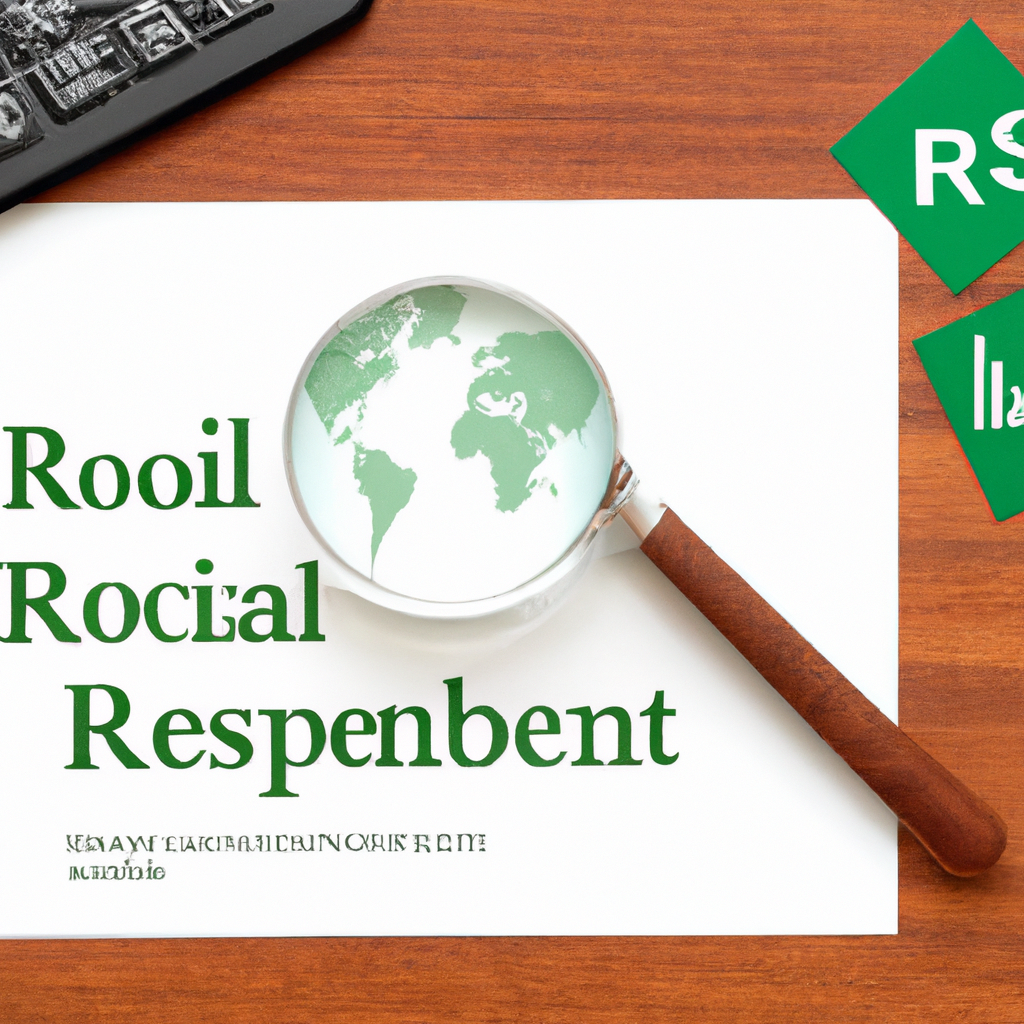Review of Socially Responsible Investing Tools
Introduction
Socially responsible investing (SRI) has gained popularity in recent years as investors seek to align their financial goals with their values. There are a variety of tools available to help investors make informed decisions when it comes to SRI. In this article, we will review some of the top SRI tools on the market.
1. Sustainalytics
Sustainalytics is a leading provider of ESG (environmental, social, and governance) research and ratings. Their platform allows investors to access detailed reports on the ESG performance of companies, as well as industry-specific analysis. Sustainalytics’ ratings are widely used by institutional investors and asset managers to incorporate ESG factors into their investment decisions.
Pros:
- Comprehensive ESG research and ratings
- Industry-specific analysis
- Widely used by institutional investors
Cons:
- Cost may be prohibitive for individual investors
- Complex data may be overwhelming for beginners
2. Morningstar Sustainability Ratings
Morningstar is a well-known provider of investment research and ratings. Their sustainability ratings evaluate the ESG performance of mutual funds and ETFs, providing investors with a simple way to identify socially responsible investment options. Morningstar’s ratings are based on company-level ESG data as well as the fund’s overall sustainability practices.
Pros:
- Easy-to-understand ratings for mutual funds and ETFs
- Based on company-level ESG data
- Accessible to individual investors
Cons:
- May not provide as much depth as other tools
- Limited to mutual funds and ETFs
3. MSCI ESG Research
MSCI is a global provider of investment decision support tools, including ESG research and ratings. Their ESG ratings cover thousands of companies worldwide and are used by investors to assess the sustainability performance of their portfolios. MSCI’s research is highly regarded in the industry for its depth and breadth of coverage.
Pros:
- Extensive coverage of companies worldwide
- Highly regarded in the industry
- Used by institutional investors and asset managers
Cons:
- May be too complex for individual investors
- Cost may be prohibitive for some users
Conclusion
There are a variety of socially responsible investing tools available to help investors make informed decisions about their portfolios. Whether you are an individual investor looking to align your investments with your values or an institutional investor seeking to incorporate ESG factors into your decision-making process, there is a tool out there for you. Consider the pros and cons of each tool and choose the one that best fits your needs and preferences.


